Custom ERP solutions vs Ready-made ERP
ERP
5 MIN READ
October 12, 2025
![]()
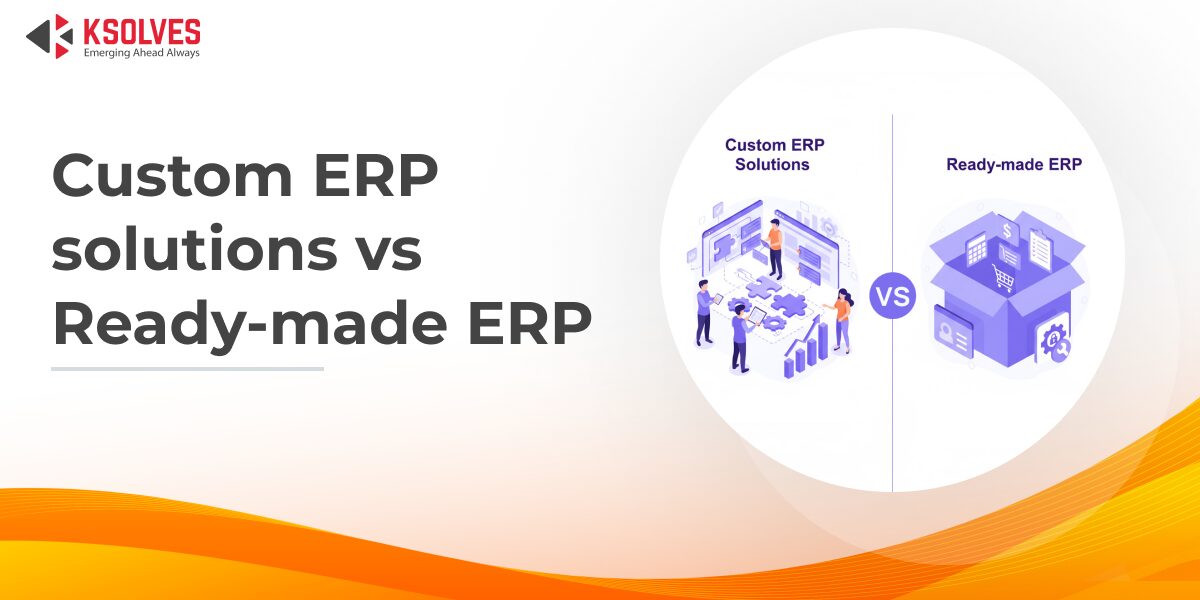
Choosing the right ERP system is a move that can influence how efficiently your entire business operates. From finance and supply chain to HR and customer relationships, a well-implemented ERP platform acts as the command center for your company.
But one size rarely fits all. That’s why many businesses face the big question early on:
Should we build a custom ERP that matches our unique workflows, or go with a ready-made solution like Odoo or Salesforce?
Each option comes with trade-offs. Ready-made ERPs are faster to deploy and often come packed with best practices. But that speed may come at the cost of flexibility, especially as your business scales or your processes evolve.
On the other hand, custom ERP solutions offer deeper control and better alignment. Due to which organizations eventually customize their ERP post-deployment, even if they started with a pre-built system.
It’s a classic trade-off — speed vs flexibility, lower upfront costs vs long-term scalability. In this article, we’ll explore both routes so you can choose the ERP strategy that actually fits your business goals, not just your timeline.
What Are Custom ERP Solutions?
Custom ERP solutions are systems designed specifically around your business’s unique processes and requirements. Instead of adapting your workflows to fit an existing software, you build the ERP from scratch, or significantly tailor an open-source base, to align with exactly how your organization operates.
These systems are typically developed using technologies like Python, Java, .NET, or PHP, often with modular architectures that allow for future expansion. Development can be done in-house or through a specialized ERP software partner.
Key characteristics of custom ERPs include:
- Tailored Functionality: Every module, dashboard, and integration is built to match your internal processes.
- Scalability & Flexibility: Easily evolves with your business as your needs change.
- Full Ownership & Control: No vendor lock-in; you manage the codebase, data, and roadmap.
- Longer Development Time: Requires more time and resources upfront compared to off-the-shelf tools.
Custom ERPs are best suited for businesses with niche workflows, such as manufacturing, logistics, healthcare, or any industry where off-the-shelf systems fall short. They’re also ideal for fast-growing companies with evolving operational needs that can’t be met by rigid, pre-built platforms.
Example:
Logistics & Supply Chain
- Custom ERP:
A global logistics provider develops custom ERP with AI-powered route optimization, vendor capacity validation, and blockchain-based shipment tracking. - Ready-Made ERP:
A regional distributor adopts ready-made ERP modules (Inventory + Purchase + Accounting) to handle stock movements and vendor invoices.
Healthcare
- Custom ERP:
A hospital chain develops a custom ERP with patient records integration, lab test workflows, and HIPAA compliance. - Ready-Made ERP:
A private clinic implements ready-made healthcare ERP with appointment booking, pharmacy, and billing features.
What Are Ready-Made ERPs?
Ready-made ERPs are pre-built software platforms designed to cover a wide range of standard business processes, right out of the box. These systems come with essential modules like finance, HR, CRM, inventory, and procurement, offering a plug-and-play approach that minimizes the need for custom development.
Popular ready-made ERP platforms include Odoo, Salesforce Revenue Cloud, Oracle NetSuite, and SAP Business One. These solutions are typically cloud-based, regularly updated by the vendor, and come with built-in best practices that cater to common industry workflows.
Key characteristics include:
- Faster Deployment: Implementation timelines are shorter, helping businesses go live quickly.
- Lower Upfront Costs: Licensing or subscription-based pricing avoids large initial development expenses.
- Standardized Modules: Covers most core functions without extensive customization.
- Reliable Support & Updates: Regular enhancements, compliance features, and technical assistance from the vendor.
Examples
Retail & E-Commerce
- Tata Power Solar (India) → Uses Odoo for supply chain and project management.
- Hyundai (India Dealers) → Adopted Odoo for sales, inventory, and customer management at dealership level.
- TOI Toys (Belgium) → E-commerce & retail company using Odoo for product catalog, POS, and sales tracking.
Logistics & Services
- World Wide Logistics (UAE) → Uses Odoo for transport, inventory, and invoice management.
- Prestige Limousines (Australia) → Adopted Odoo for bookings, fleet management, and invoicing.
Ready-made ERPs are ideal for small to mid-sized businesses (SMBs) or even large enterprises that want to improve operations quickly without reinventing the wheel. They’re especially effective when your needs align with standard industry workflows and you’re looking for a scalable, proven solution.
Comparison Table: Custom ERP vs Ready-Made ERP
Explore the key differences between Custom ERP and Ready-Made ERP to help you make an informed decision based on your business needs.
| Feature / Aspect | Custom ERP | Ready-Made ERP |
| Development Time | Long (built from scratch or heavily tailored) | Short to moderate (pre-configured modules) |
| Initial Cost | High (development, setup, testing) | Medium to high (subscription/licensing + setup) |
| Customization | Fully customizable to unique workflows | Moderate to high (depends on platform flexibility) |
| Scalability | Depends on initial architecture and design | High (designed for scalability, especially cloud-based) |
| Maintenance | Requires in-house or outsourced technical support | Handled by vendor (with support plans and SLAs) |
| Integration Capabilities | Built on demand (custom APIs, connectors) | Built-in APIs, pre-built connectors with popular apps |
| Upgrade Process | Manual upgrades, often with downtime | Seamless, vendor-managed updates (often automatic) |
| Time to ROI | Long-term (after development and rollout) | Faster (due to quicker deployment and immediate use) |
| Best Fit For | Complex, evolving, or highly specific business processes | Standardized needs across departments in SMBs/enterprises |
Custom ERP Solutions: Pros and Cons
Custom-built ERPs offer unmatched flexibility, but that freedom comes with its own set of challenges. Here’s a breakdown of the key advantages and limitations:
Pros:
- Tailored to Exact Business Needs: Every feature and workflow is built specifically for your operations, ensuring a perfect fit with minimal compromise.
- Competitive Advantage: Enables businesses to embed unique processes that differentiate them in the market, something off-the-shelf ERPs can’t easily replicate.
- Full Control Over Features & Data: You decide what goes into the system, how it works, and where your data is stored. Ideal for companies with strict data security or compliance requirements.
Cons:
- High Initial Investment & Longer Timeline: Custom ERPs require significant time and financial resources for planning, development, testing, and deployment.
- Ongoing Technical Dependency: Maintenance, updates, and troubleshooting rely heavily on internal IT teams or third-party developers familiar with your custom setup.
- Scalability Challenges: Without proper foresight during development, scaling the system to accommodate growth or new features can become complex and costly.
Ready-Made ERP: Pros and Cons
Pre-packaged ERP platforms offer speed and scalability, making them a popular choice for many businesses. Here’s what works and what doesn’t:
Pros:
- Fast Deployment: These systems come with pre-configured modules and templates, enabling businesses to go live in weeks instead of months.
- Lower Upfront Cost: With subscription-based pricing and minimal setup requirements, ready-made ERPs are often more budget-friendly at the start.
- Proven Reliability and Vendor Support: Platforms like Odoo and Salesforce are backed by large communities, regular updates, and 24×7 vendor support, reducing operational risk.
- Extensive Ecosystem and Integrations: Out-of-the-box APIs, app marketplaces, and third-party integrations make it easier to connect with other tools and expand capabilities as needed.
Cons:
- Workarounds for Niche Requirements: Businesses with highly specific or non-standard workflows may need to compromise or adjust processes to fit the system.
- Customization Has Limits: While some platforms offer strong customization options, you’re still working within a framework that might not support complete flexibility.
- Growing Subscription Costs: As your business scales, so do the licensing fees, especially if you add more users, features, or modules over time.
When to Choose What? (Use Cases)
Choose Custom ERP if:
- Your business processes are highly unique or complex: You have workflows that can’t be handled by standard ERP modules and require tailored logic.
- You need full control over data, workflows, and IP: You want complete ownership of your ERP infrastructure, source code, and custom business logic.
- You’re a large enterprise with budget and time flexibility: You can invest in longer development timelines to create a scalable, future-ready solution.
- You want a fully tailored experience: You prefer deep customization aligned with your internal teams, culture, and long-term roadmap.
Choose Ready-Made ERP (like Odoo or Salesforce) if:
- You want to go live quickly and minimize setup time: Pre-built solutions offer fast deployment, helping you start operations in weeks rather than months.
- Your processes align with industry standards: Off-the-shelf ERP systems already include best-practice modules for sales, finance, HR, etc.
- You prefer lower upfront costs and faster ROI: SaaS or licensed models reduce initial investments and deliver value sooner.
- You value vendor support and regular updates: Ongoing feature updates, maintenance, and community or vendor support reduce internal IT load.
Hybrid Approach: Best of Both Worlds
For many businesses, the ideal ERP solution lies in blending both custom and ready-made approaches. Organizations often begin with a ready-made ERP like Odoo or Salesforce to benefit from rapid deployment and vendor support. Over time, they customize specific modules to better fit unique workflows or gain a competitive edge.
Thanks to Odoo’s modular structure and Salesforce’s low-code capabilities, it’s easy to extend core functionality without rebuilding the entire system. This hybrid strategy offers the flexibility to adapt as your business evolves, ensuring both scalability and tailored performance.
Wrapping Up!
Choosing between a custom ERP and a ready-made ERP solution is not about picking a universally superior option. It is about selecting what best fits your business needs, operations, and growth plans. Custom ERPs give you complete control and tailor-made functionality. On the other hand, ready-made platforms like Odoo and Salesforce offer quick deployment, robust features, and regular vendor support.
At Ksolves, we offer expert ERP consulting services to help you make the right choice. Whether you need a custom-built system or want to implement a ready-made solution like Odoo or Salesforce, we provide end-to-end support from planning and development to deployment and beyond.
The right ERP solution can drive real business impact. Let Ksolves guide your journey toward smarter, scalable enterprise management.
FAQs
Q1. Is a custom ERP always more expensive than a ready-made one?
Not necessarily. While custom ERPs have higher upfront costs, they may offer better long-term ROI for businesses with complex or unique workflows by reducing licensing fees and improving efficiency.
Q2. Can I start with a ready-made ERP and customize it later?
Yes. Platforms like Salesforce and Odoo are designed for extensibility, allowing businesses to start quickly and customize specific modules over time.
Q3. What kind of businesses benefit most from custom ERPs?
Industries with niche workflows, such as manufacturing, logistics, or healthcare, often benefit from custom ERP systems that can be precisely aligned with their operational needs.
Q4. Are ready-made ERPs secure and compliant?
Leading ready-made ERP platforms are built with enterprise-grade security and compliance features, including regular updates to meet global regulatory standards.
Q5. How long does it typically take to implement a custom ERP?
Depending on complexity, a custom ERP can take anywhere from several months to over a year to fully develop and deploy. In contrast, ready-made ERPs can often be implemented within a few weeks to a few months.
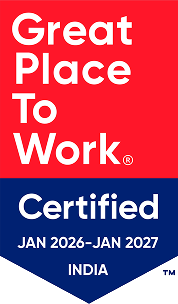
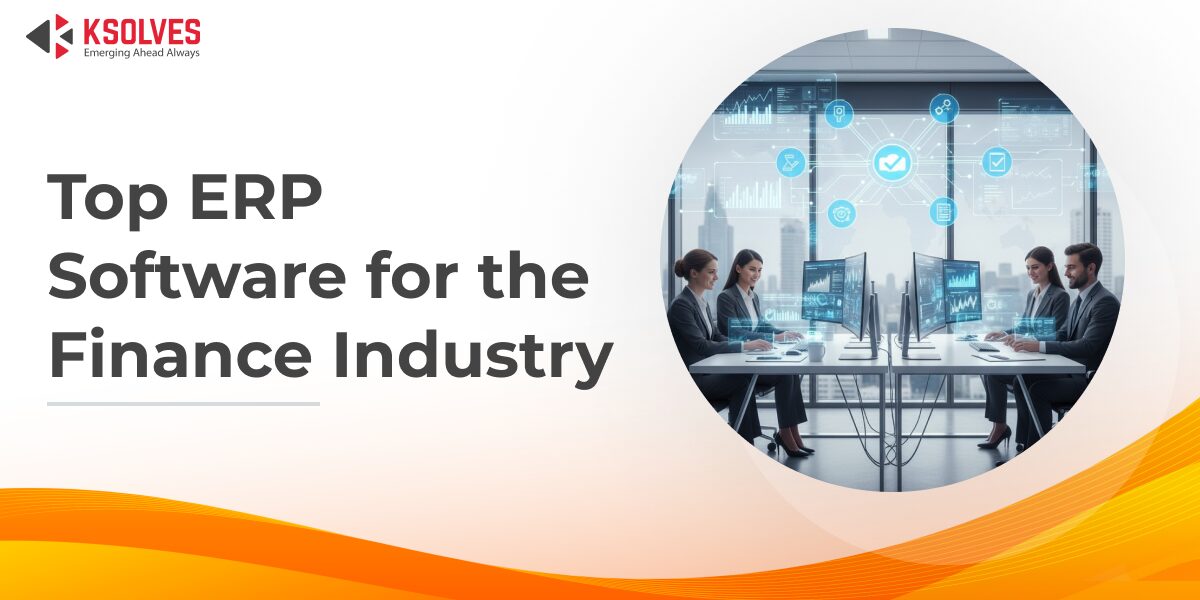
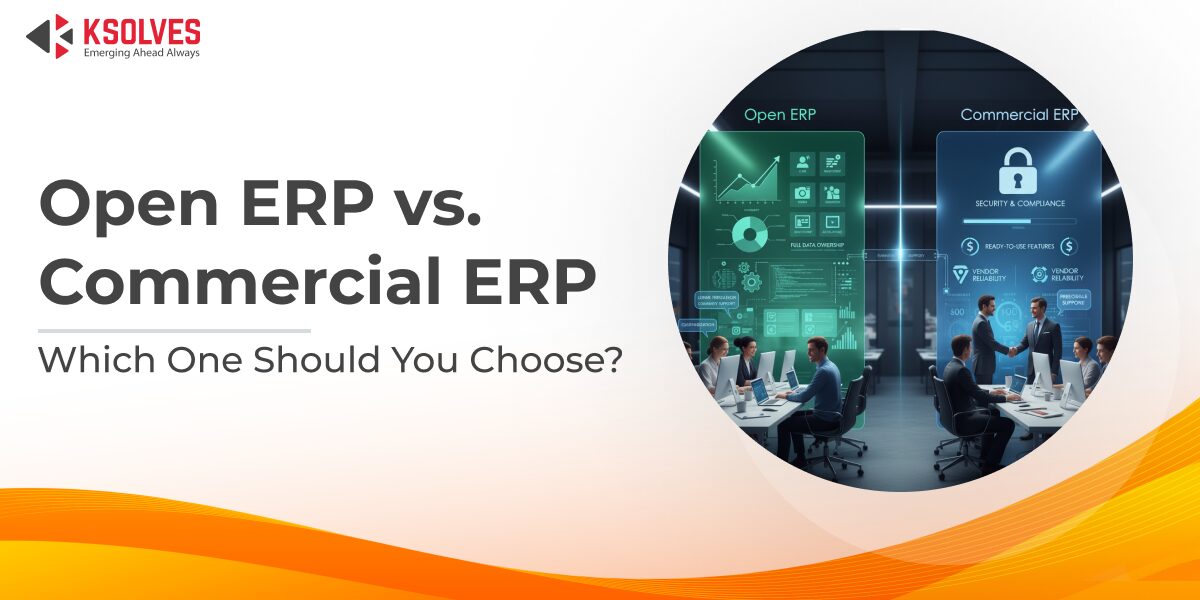
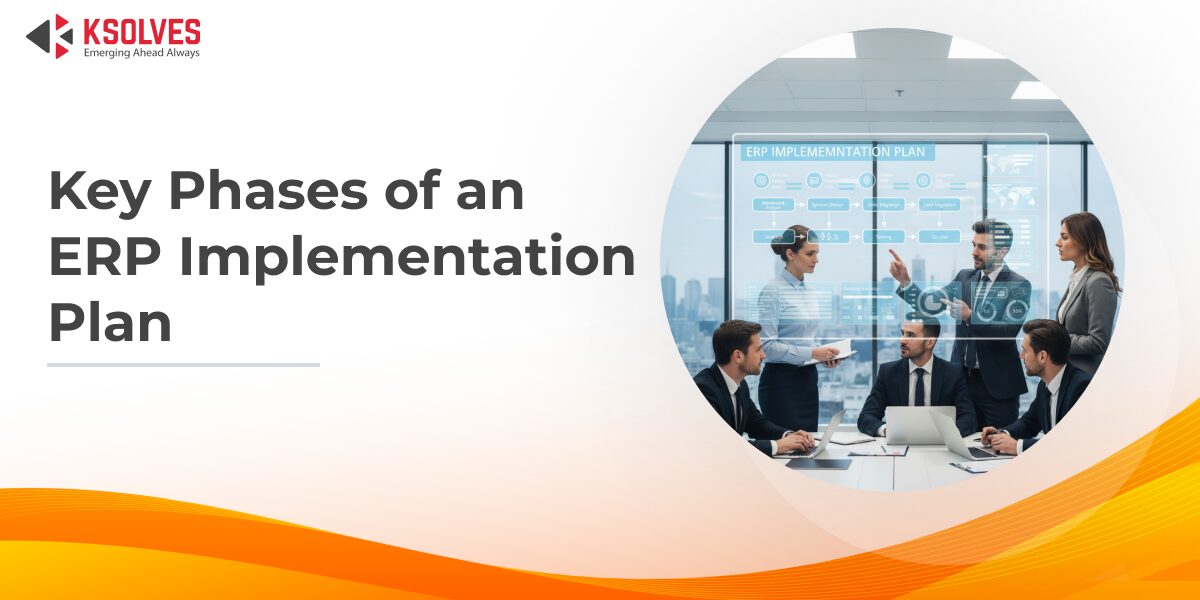




AUTHOR
ERP
Share with